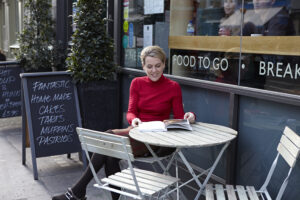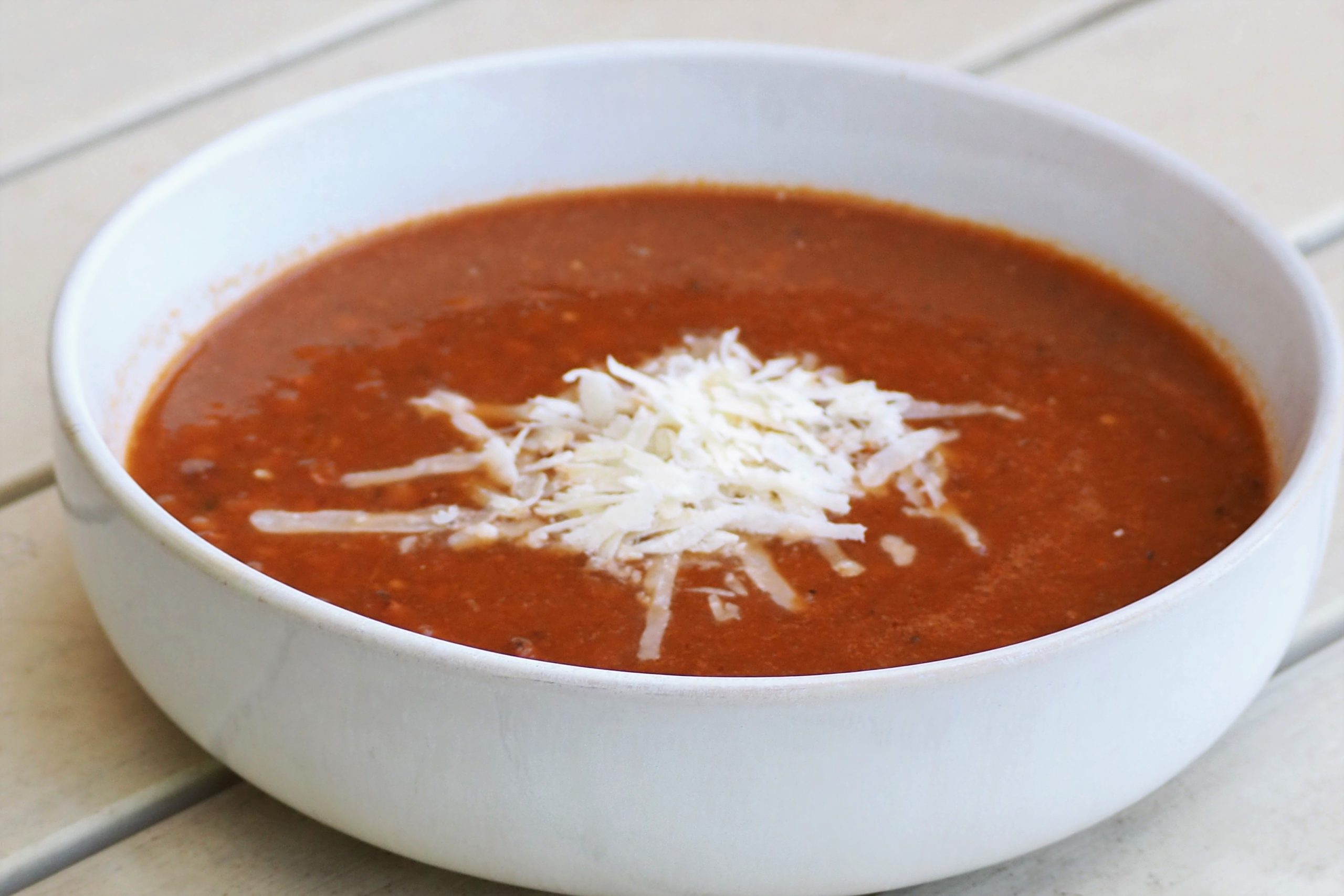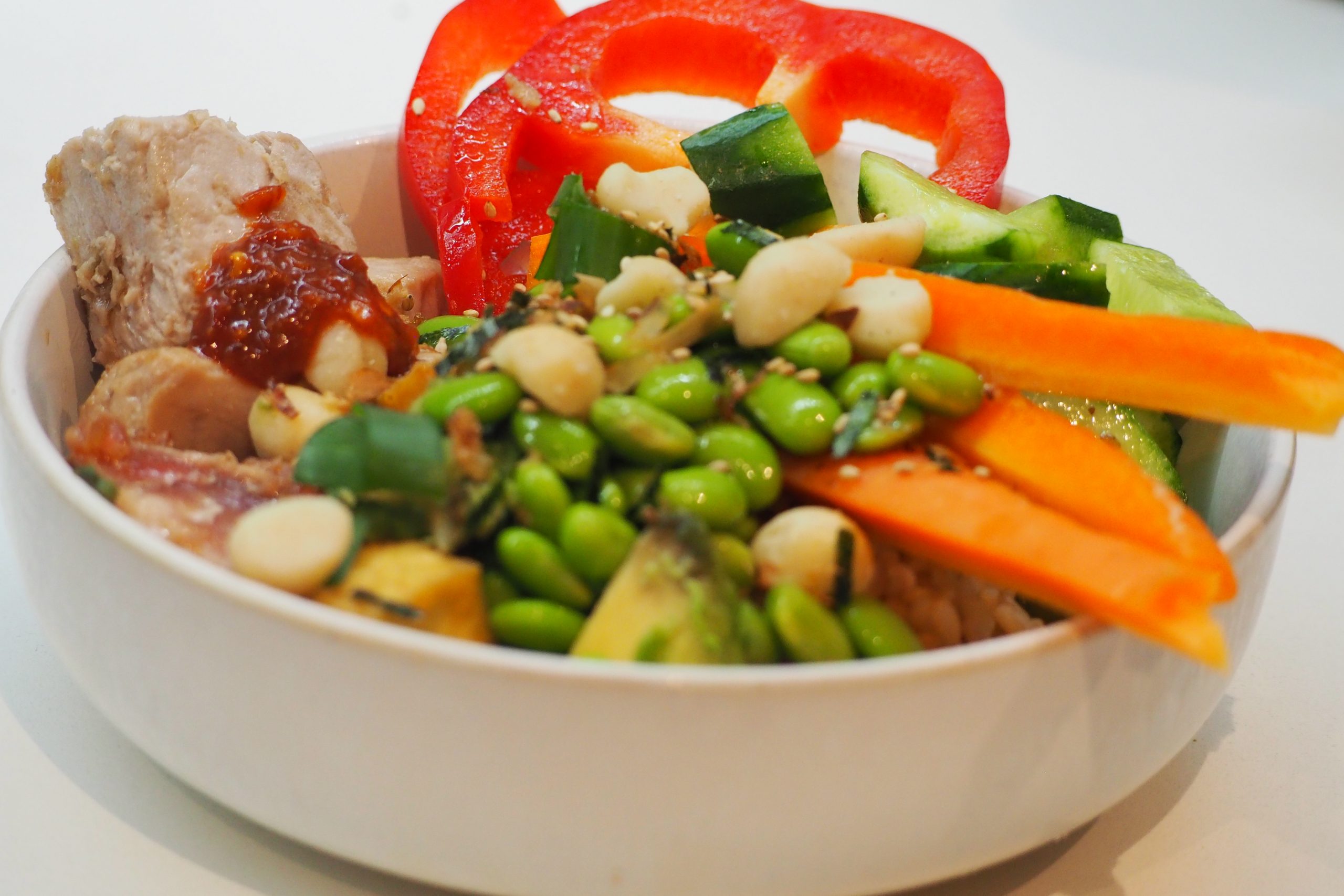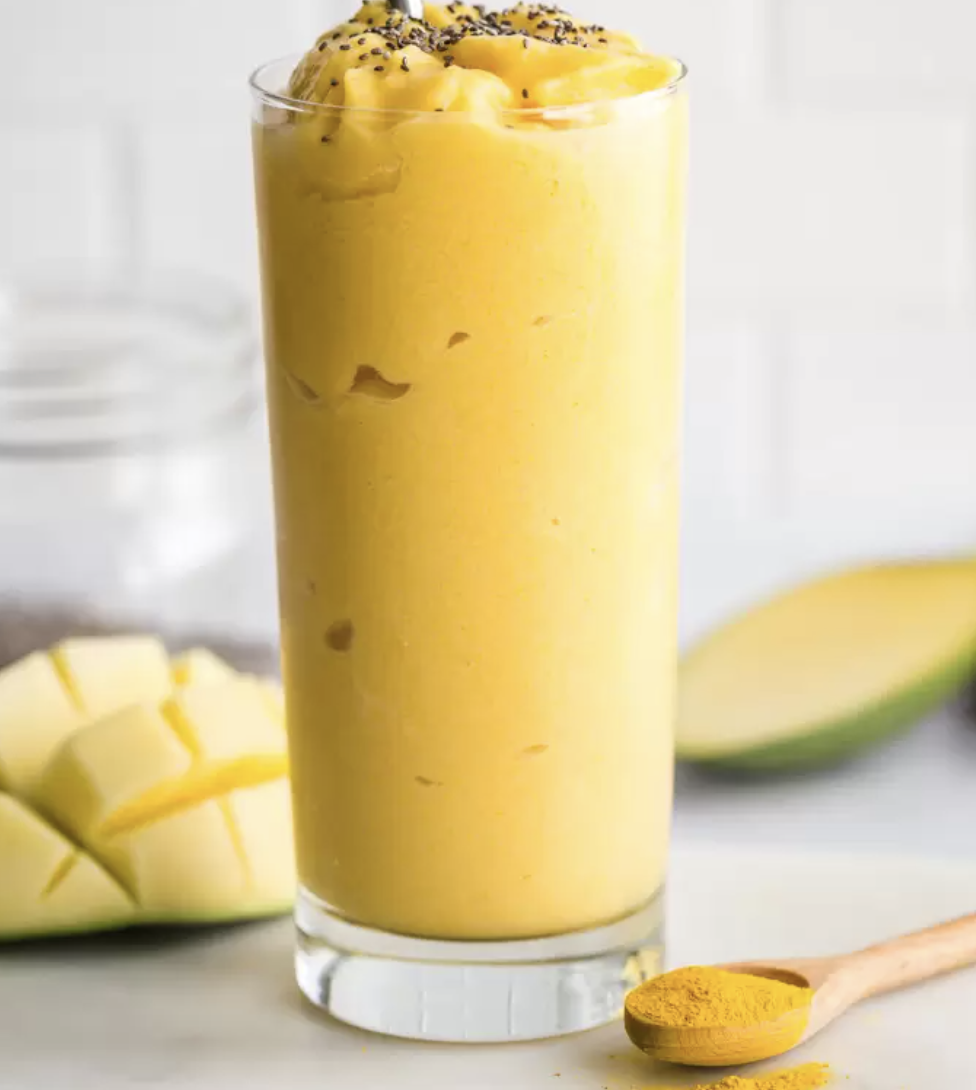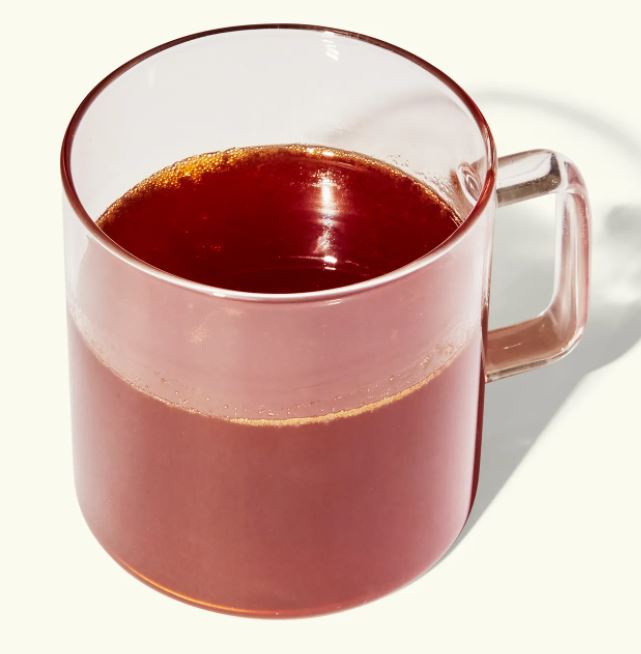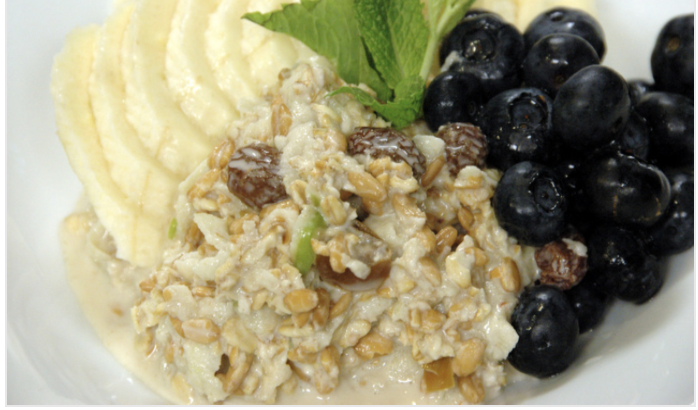JANE FREEMAN LOC REFERENCE:
From Dr Michelle Kohn MB BS BSc FRCP
Director Leaders in Oncology Care (LOC) Living Well Programme
When you are diagnosed with cancer, it can be genuinely hard to work out what and how to eat. You are bombarded with dietary advice, confronted with alarmist and confusing media stories, but given very little concrete information by the busy doctors who treat you.
As a doctor specializing in integrative cancer care, and the emerging field of cancer survivorship, I have long had an interest in cancer and nutrition. I am the director of Living Well, a non-profit programme based at the cancer treatment center, Leaders in Oncology Care. Living Well guides patients through the emotional and practical minefield of cancer treatment and beyond. We were lucky enough to have had Jane working with us for three years to devise a nutritional programme for patients and their carers and I am thrilled that she has turned this expertise into a book.
There is strong medical evidence that eating well can make a real difference to how patients cope with cancer treatment and its side-effects. Good nutrition, combined with exercise, will not only improve your quality of life and help you manage your symptoms, it may help to stave off a recurrence of cancer. And yet many patients just don’t know where to start with all this. I see many who have adopted wacky, stressful and unwise regimes, perhaps excluding whole food groups, in an attempt to ‘beat the odds’. Others, meanwhile, just throw up their hands and ask ‘what’s the point?’.
Cancer treatment can have a major impact on how and what you eat. It can bring weight gain or weight loss, side-effects such as nausea and fatigue, as well as appetite, digestive or taste changes. When life already seems out of control, this can seem like the last straw. That is where Jane comes in.
Jane fully understands the medical side of cancer. She is not just rigorous and scientific, though, she is sympathetic and practical; she understands that food should be healthy, but also enticing, easy to prepare and delicious. Food should not take over your life, but it should certainly enhance it.
Jane understands that no two people have the same nutritional, personal or medical needs. She offers tips, here, for meeting whatever your specific challenges are, from taste changes to fatigue or digestive issues. She demystifies common questions such as the value of supplements, or the soya debate in hormone-sensitive cancers. And she explains how to eat for overall future health, rehabilitation, and to prevent recurrence. This is all rooted in the growing body of scientific evidence. But above all, it is doable.
During her workshops at Living Well, Jane would often include pictures of herself in her kitchen at home, cooking with her children. She understands the reality of food shopping, preparation, cooking, and eating for pleasure. She offers an astonishing combination of kitchen table wisdom (focusing on the kind of fresh, wholesome food that grandma would have made) and cutting edge nutritional research. She isn’t dogmatic and doesn’t lay down strict rules, because she understands real life.
At Living Well, people often said to me, after Jane’s workshops, ‘if only I’d known this from the start….but my oncologist said just eat what you like’. So much distress could be avoided if cancer patients and their carers could see Jane as soon as they were diagnosed. She has already helped hundreds through her work as a specialist oncology dietician, and through Living Well – and will continue to do so, since she is so generously donating the profits of this book to us. And now you, too, can share her wisdom and expertise in your own kitchen at home.
This book is an invaluable resource. It will help you to enjoy food again, to feel confident and nourished and I am delighted to recommend it.
September, 2013
